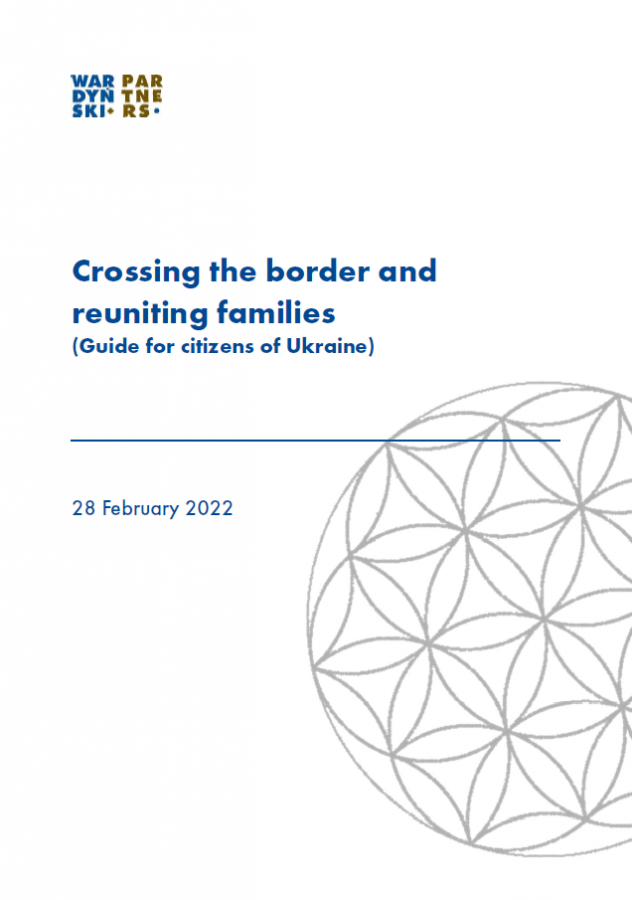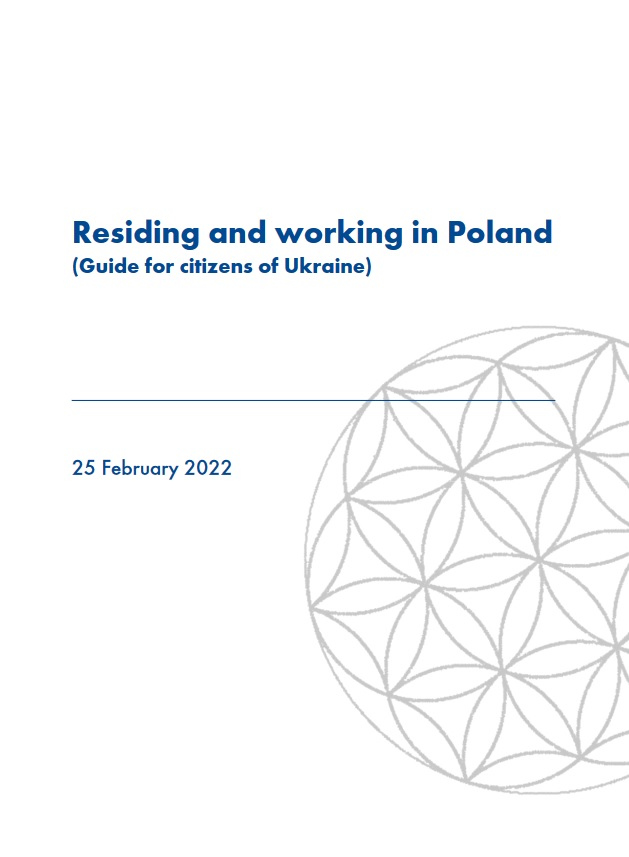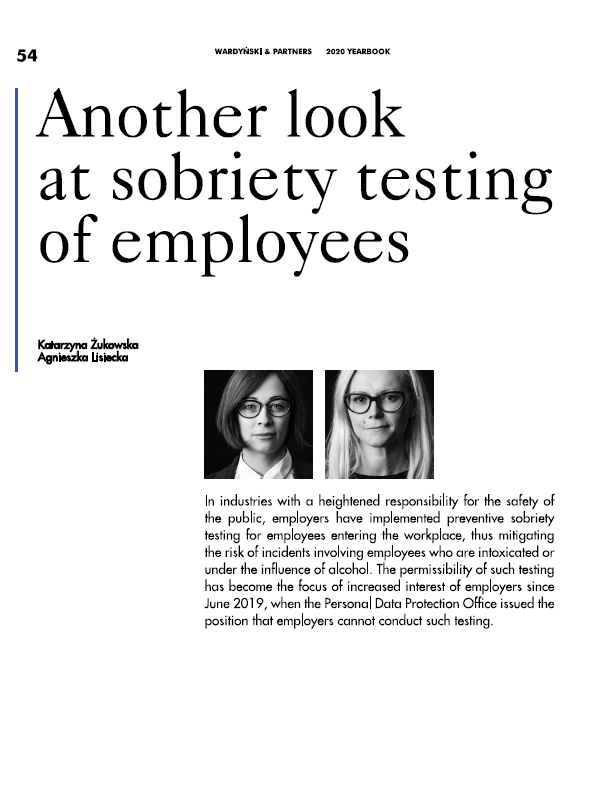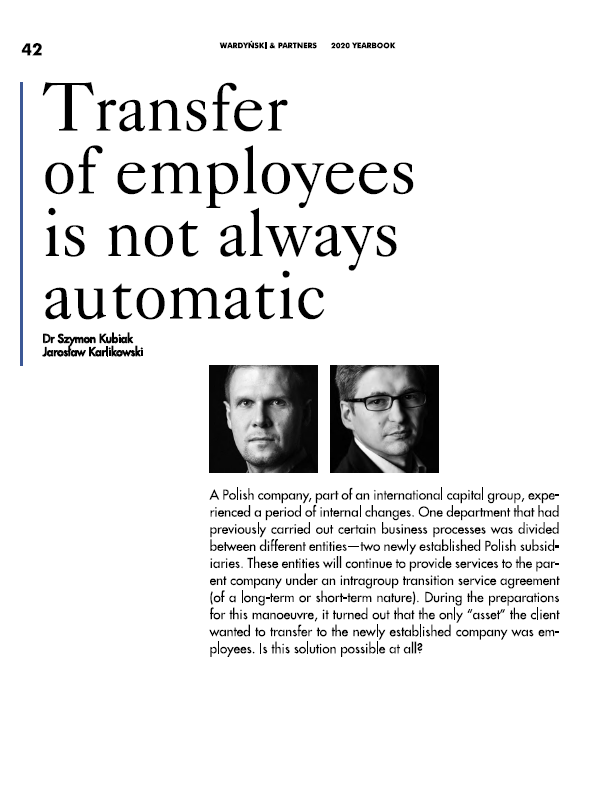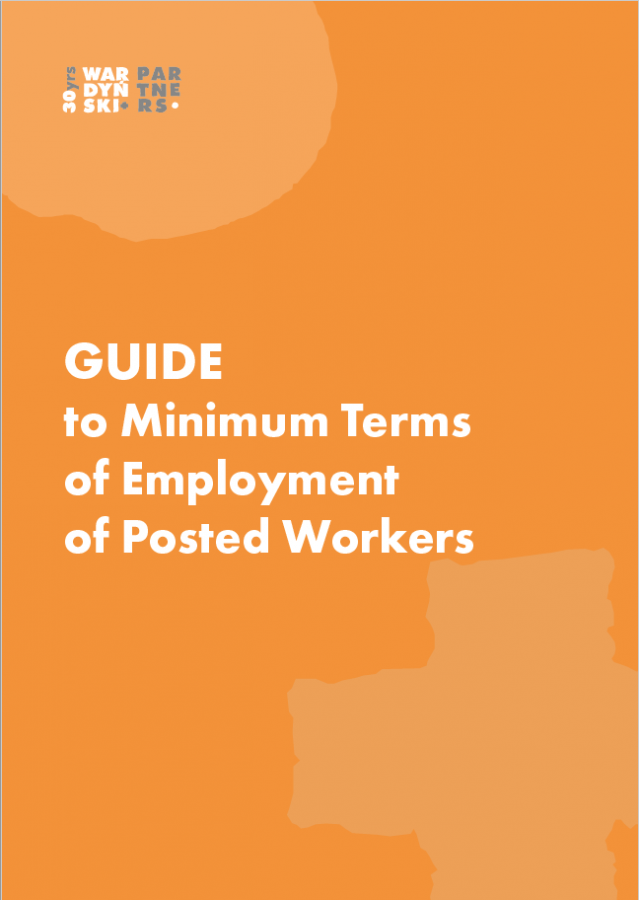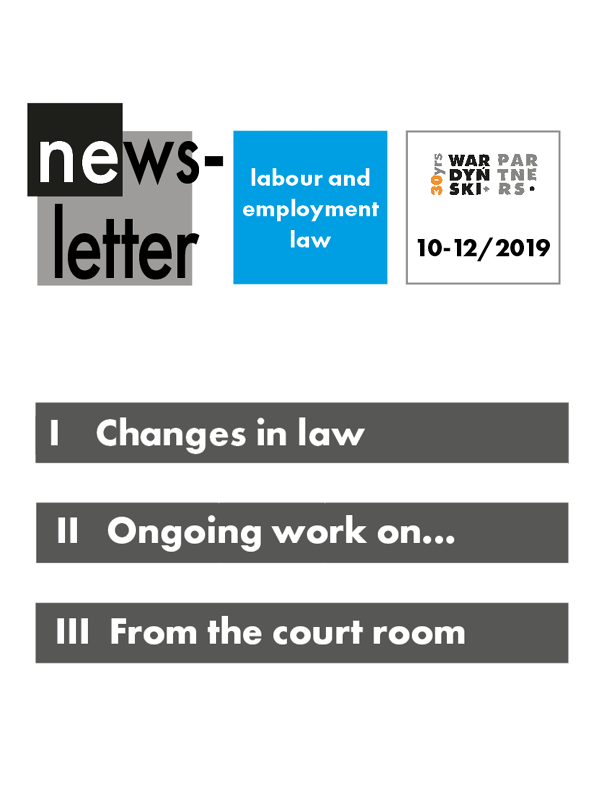publications
Another concise guide: How long does legal residence last in Poland? How to extend it? How to bring family members to Poland? In Ukrainian, Polish and English. The guide has been prepared by Magdalena Świtajska and Katarzyna Sawicka from the firm’s Employment and Global Mobility practice.
Our brief guide explains the possibilities of entry, legalization of work and legalization of stay of Ukrainian citizens in Poland. It also covers the rules for bringing their families to Poland.
The guide has been prepared by Magdalena Świtajska and Katarzyna Sawicka from the firm’s Employment and Global Mobility practice .
In industries with a heightened responsibility for the safety of the public, employers have implemented preventive sobriety testing for employees entering the workplace, thus mitigating the risk of incidents involving employees who are intoxicated or under the influence of alcohol. The permissibility of such testing has become the focus of increased interest of employers since June 2019, when the Personal Data Protection Office issued the position that employers cannot conduct such testing.
Agnieszka Lisiecka, Katarzyna Żukowska
A Polish company, part of an international capital group, experienced a period of internal changes. One department that had previously carried out certain business processes was divided between different entities—two newly established Polish subsidiaries. These entities will continue to provide services to the parent company under an intragroup transition service agreement (of a long-term or short-term nature). During the preparations for this manoeuvre, it turned out that the only “asset” the client wanted to transfer to the newly established company was employees. Is this solution possible at all?
Dr Szymon Kubiak, Jarosław Karlikowski
Wardyński & Partners presents the guide to minimum terms of employment for posted workers across 25 European countries. The guide was created by our Employment practice with the invaluable involvement of our fellow lawyers from firms across Europe who shared contributions on their jurisdictions.
